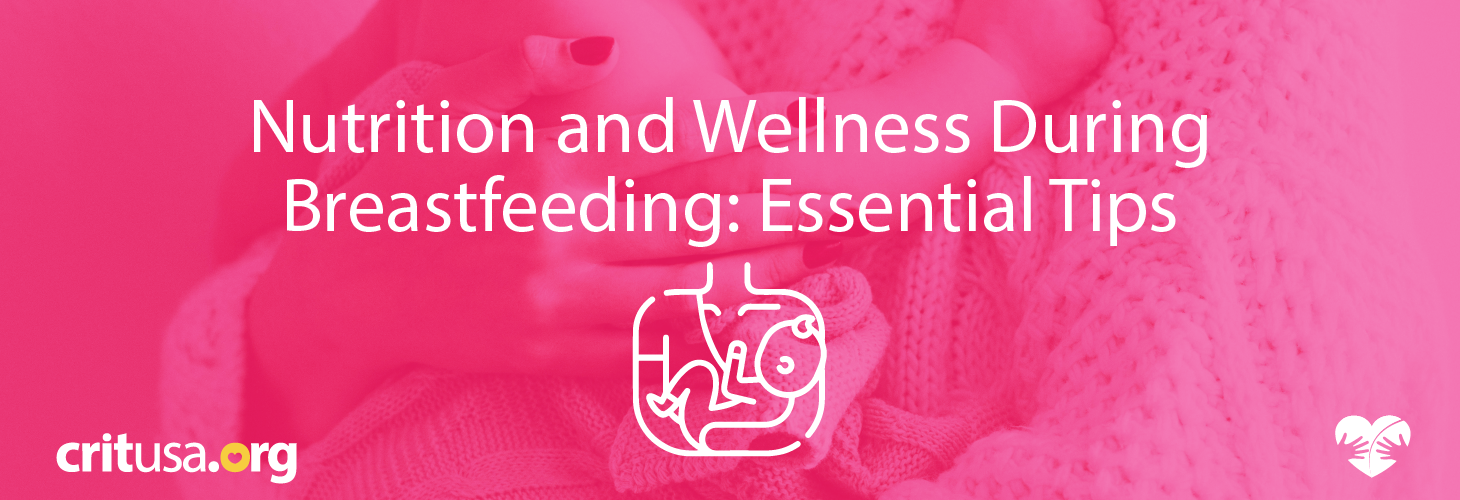Maintaining a nutrient-dense diet is crucial during breastfeeding for both your health and your baby’s well-being. Breast milk provides all the necessary nutrients, except for vitamin D, during the first six months. To ensure the quality of your breast milk and support your own health, include a variety of grains, vegetables, fruits, proteins, and dairy products or alternatives in your diet.
Nutritious Diet for Breastfeeding
Producing breast milk is demanding on your body, requiring extra calories and specific nutrients. You need about 500 additional calories daily during breastfeeding, totaling around 2,000 to 2,800 kcal per day. Here are key nutrients to focus on and their sources:
- B Vitamins: Essential for energy and overall well-being. B1 (thiamine): Fish, pork, seeds, nuts, beans. B2 (riboflavin): Cheese, almonds, red meat, oily fish, eggs. B6: Chickpeas, nuts, fish, poultry, potatoes, bananas, dried fruit. B12: Shellfish, liver, yogurt, oily fish, nutritional yeast, eggs, crab, shrimp.
- Other Crucial Nutrients: Choline: Eggs, beef liver, chicken liver, fish, peanuts. Vitamin A: Sweet potatoes, carrots, dark leafy greens, organ meats, eggs. Vitamin D: Cod liver oil, oily fish, some mushrooms, fortified foods. Selenium: Brazil nuts, seafood, turkey, whole wheat, seeds. Iodine: Dried seaweed, cod, milk, iodized salt.
If your diet lacks these nutrients, your body might not transfer enough into breast milk, potentially leading to insufficient intake for both you and your baby.
Importance of Supplements
While a healthy diet is crucial during breastfeeding, supplements can help replenish certain vitamins and minerals. Pregnant and breastfeeding women on vegetarian or vegan diets might struggle to get adequate nutrients from food alone, which can lead to deficiencies. Consult with a doctor, lactation consultant, or dietitian before taking any supplements to avoid potentially unsafe additives and ingredients.
- Vitamin D: A supplement of 400 IU per day is recommended for breastfed babies and those consuming less than 1 liter of formula daily, starting shortly after birth until 12 months of age. Research suggests that breastfeeding mothers supplementing with 6,400 IU per day can adequately supply vitamin D through breast milk alone.
Foods to Avoid or Limit
- Seafood: Certain types of seafood should be consumed in limited amounts due to mercury content, which can transfer from mother to infant through breast milk. Follow the recommendations of the US Food and Drug Administration and the Environmental Protection Agency.
- Caffeine: Transfers in small amounts through breast milk. Generally, it does not harm the infant when the mother consumes low to moderate amounts—around 300 milligrams or less per day.
Hydration and Weight Loss
Staying hydrated is essential, as breastfeeding women lose an average of 25 ounces of fluid daily through milk production. It’s advisable to wait at least two months for your milk supply to establish before starting any weight loss efforts.
This comprehensive approach not only promotes successful breastfeeding but also supports the general well-being of both mother and child. We hope these tips inspire and empower you on your breastfeeding journey.
If you’re not breastfeeding but know someone who might find these tips helpful, please share this article with them! You’ll be providing valuable information and additional resources for their breastfeeding journey. At Children’s Rehabilitation Institute TeletonUSA, supporting breastfeeding mothers of children with disabilities, is part of our mission as well. If you’d like to contribute to this support, consider making a donation.
Your generosity will be deeply appreciated and will make a significant difference in their lives, click here to support this cause! (critusa.org/donar/)

